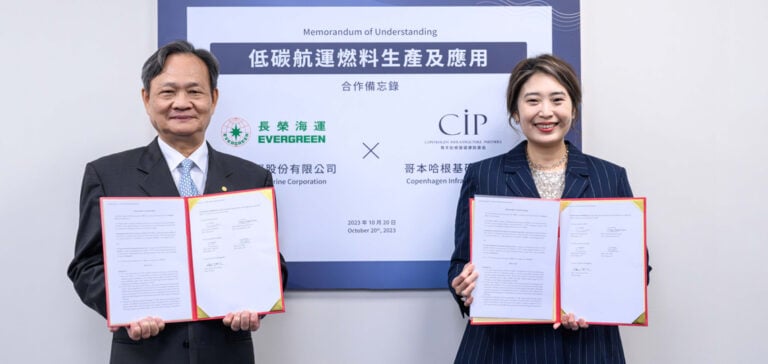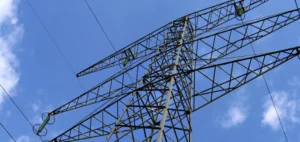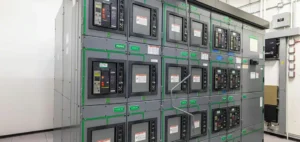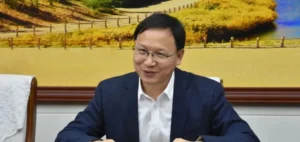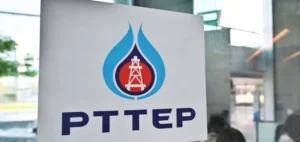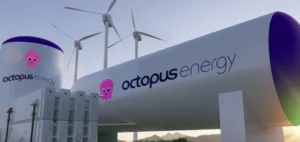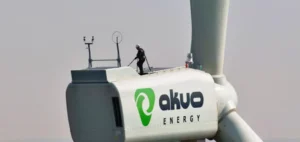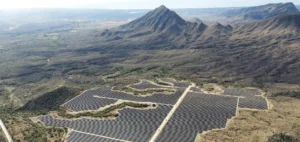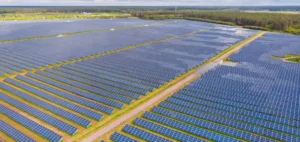Evergreen and CIP join forces to jointly explore the production and use of carbon-neutral electronic fuels. This collaboration paves the way for innovations that are crucial to the future of decarbonization. But what does this mean for the marine industry and the future of clean energy?
Evergreen, a shipping giant :
Evergreen Marine Corporation (“Evergreen”) is one of the ten largest container shipping companies in the world. It has more than 200 container ships in operation worldwide. Its extensive fleet means substantial fuel consumption. This makes the transition to carbon-neutral fuels all the more crucial. To understand how this collaboration contributes to this transition, let’s delve into the details.
E-fuel exploration and more :
Evergreen has teamed up with Copenhagen Infrastructure Partners (“CIP”), a major player in the renewable energy sector, to explore a range of e-fuels. This cooperation includes the production of e-fuels in Taiwan, using offshore wind power as a source of energy. As well as exploring green fuels such as electronic ammonia and electronic methanol.
Taiwan, a key player in decarbonization :
Taiwan occupies a central position in global supply chains as a producer and operator of container ships. It controls around 10% of the world’s container shipping fleet. The country also has ideal conditions for offshore wind power, with growing government support for decarbonization. These factors make Taiwan a prime candidate to become a fuel producer of the future.
Felix Pahl, CIP partner, shares the enthusiasm of this collaboration. “CIP is the world’s largest fund dedicated to investing in and developing advanced energy technologies that support the transition to renewable energy. CIP already has a strong presence in Taiwan, and we look forward to working with Evergreen to further support Taiwan’s ambition to achieve net zero by 2050.”
Further reduction in carbon emissions :
Evergreen says that this collaboration with CIP is part of the company’s strategy to meet its carbon reduction targets. In line with the International Maritime Organization’s goal of zero net carbon emissions from shipping, Evergreen aims to achieve this by 2050. The partnership with CIP will play a key role in exploring and developing the low-carbon fuel solutions needed to meet these ambitious targets.
Towards decarbonization :
The agreement between Evergreen Marine Corporation and Copenhagen Infrastructure Partners is an important step towards the decarbonization of shipping. It shows that partnerships between shipping giants and key players in renewable energies can contribute to a more sustainable future. The transition to cleaner fuels is a major challenge, but this promising initiative shows that solutions exist and are being developed.
This partnership reflects a global collaboration aimed at revolutionizing the shipping industry. What’s more, it makes a significant contribution to the transition to a greener, carbon-neutral economy. E-fuels open up exciting new prospects for the future of clean, renewable energy.

